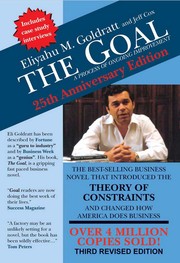The Challenge of Virtual Speaking
A friend who is now working for a hybrid event company asked me about platforms. I commented that a challenge I’ve faced as a speaker is the inability to “read the room.” I’ve heard the same said by others, anecdotally. He asked me to be more concrete about this statement. Using my best NIHITO PM1 skills (I really feel like that last s should be a z :D ) I put this set of statements together based on my experience speaking at virtual events.
- At a live event I can see what people are doing. At a virtual event I have trouble knowing if anyone is even looking. Knowing how many people signed in, isn’t terribly useful. For one thing the room is infinite sized, so it will always feel empty as the only comparison is to the total number of people at the conference. The other is that signed in and maybe having the audio off mute in the background is not the same thing as having that window foregrounded.
- At a live event, I can see when people look away, possibly indicating I am losing them or that the material isn’t relevant or is too basic. That allows me to adapt on the fly, possibly asking some guiding questions and moving forward.
-
The platforms I have used feature a chat that is shared by all. They also have featured a separate Q&A. In my experience:
-
People don’t use the Q&A, often just putting questions in chat. This is especially true during the event. Unless you have a moderator feeding you details in a consumable manner you can’t use this to figure out what is going on.
-
In my case I often present to chat-heavy crowds. They are great because at least they aren’t silent, but again, you can’t read and talk. Thinking about solutions, I wonder if an automatically generated (potentially time-sensitive) word cloud would help here.
-
In short, you can’t expect people attending online to be sitting quietly and focused like you can hope for at an in-person event. How can we overcome this? What do you mean when you say, “read the room?”
-
NIHITO: Nothing Interesting Happens In The Office - a principle from the Pragmatic Institute that encourages you to go out and talk to your market. PM: Product Manager ↩

